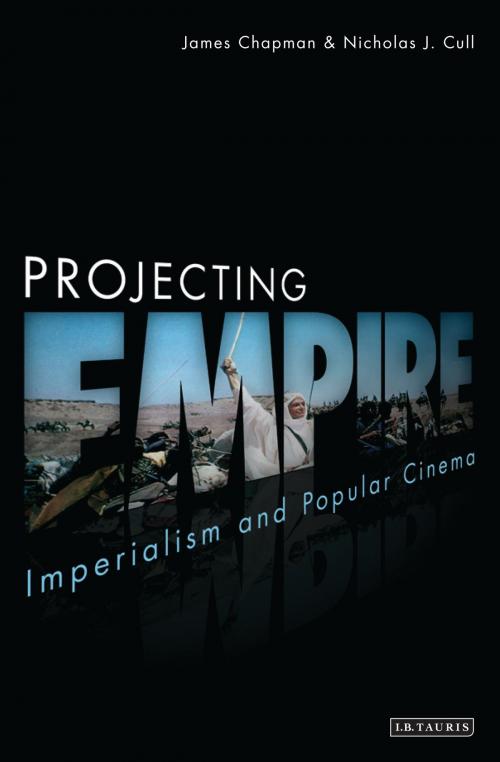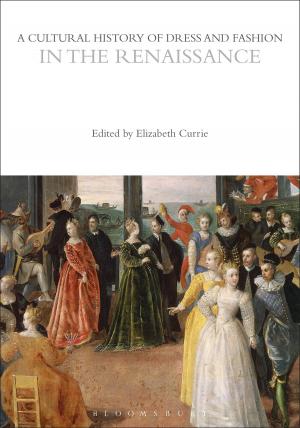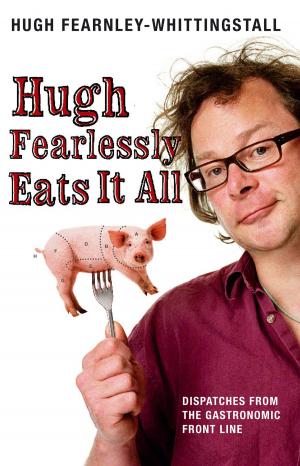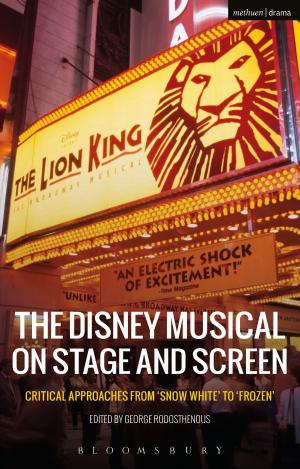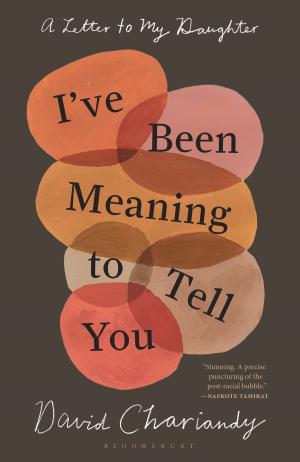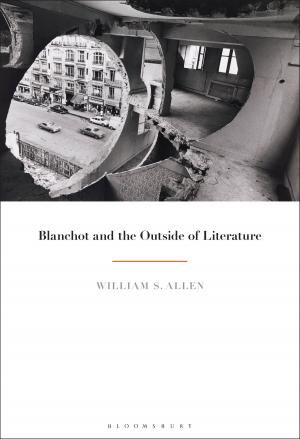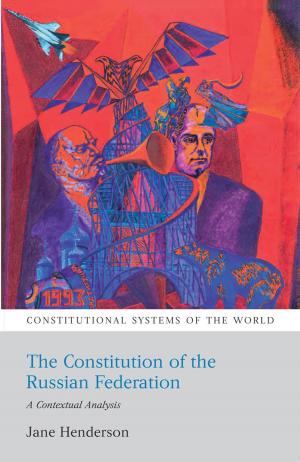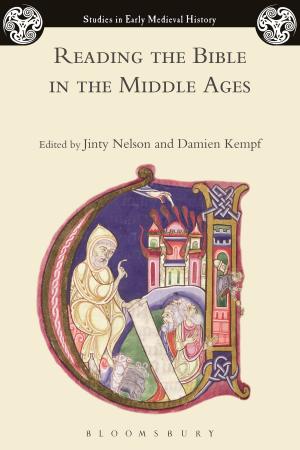Projecting Empire
Imperialism and Popular Cinema
Nonfiction, Entertainment, Film, History & Criticism, Performing Arts| Author: | Nicholas J. Cull, Prof James Chapman | ISBN: | 9780857732200 |
| Publisher: | Bloomsbury Publishing | Publication: | June 17, 2009 |
| Imprint: | I.B. Tauris | Language: | English |
| Author: | Nicholas J. Cull, Prof James Chapman |
| ISBN: | 9780857732200 |
| Publisher: | Bloomsbury Publishing |
| Publication: | June 17, 2009 |
| Imprint: | I.B. Tauris |
| Language: | English |
Projecting Empire, James Chapman and Nicholas J. Cull have written the first major study of imperialism and cinema for over thirty years. This welcome text maps the history of empire cinema in both Hollywood and Britain through a series of case studies of popular films, including adventures, biopics, literary adaptations, melodramas, comedies and documentaries. These range from the heyday of imperial adventure in the 1930s, such as Gunga Din and The Four Feathers, to the re-emergence of the genre in contemporary cinema, with Three Kings and the Indiana Jones series. They include the award-winning epics Lawrence of Arabia and Gandhi, innovative cult classics like The Naked Prey and the less reverent treatment of imperial themes in the Carry On films.
Chapman and Cull consider industry-wide trends and place the films in their wider cultural and historical contexts. Using a range of primary sources, including private papers, they examine the work of key auteurs in the cinema of empire, including Alexander Korda, David Lean, John Huston and Richard Attenborough. They also explore the experiences of the actors who brought the stories to life, from Elizabeth Taylor to George Clooney. The supporting cast includes screenwriters, censors and the CIA. At a time when imperialism has a new significance in the world, this book will meet the needs of students and interested filmgoers alike
Projecting Empire, James Chapman and Nicholas J. Cull have written the first major study of imperialism and cinema for over thirty years. This welcome text maps the history of empire cinema in both Hollywood and Britain through a series of case studies of popular films, including adventures, biopics, literary adaptations, melodramas, comedies and documentaries. These range from the heyday of imperial adventure in the 1930s, such as Gunga Din and The Four Feathers, to the re-emergence of the genre in contemporary cinema, with Three Kings and the Indiana Jones series. They include the award-winning epics Lawrence of Arabia and Gandhi, innovative cult classics like The Naked Prey and the less reverent treatment of imperial themes in the Carry On films.
Chapman and Cull consider industry-wide trends and place the films in their wider cultural and historical contexts. Using a range of primary sources, including private papers, they examine the work of key auteurs in the cinema of empire, including Alexander Korda, David Lean, John Huston and Richard Attenborough. They also explore the experiences of the actors who brought the stories to life, from Elizabeth Taylor to George Clooney. The supporting cast includes screenwriters, censors and the CIA. At a time when imperialism has a new significance in the world, this book will meet the needs of students and interested filmgoers alike
